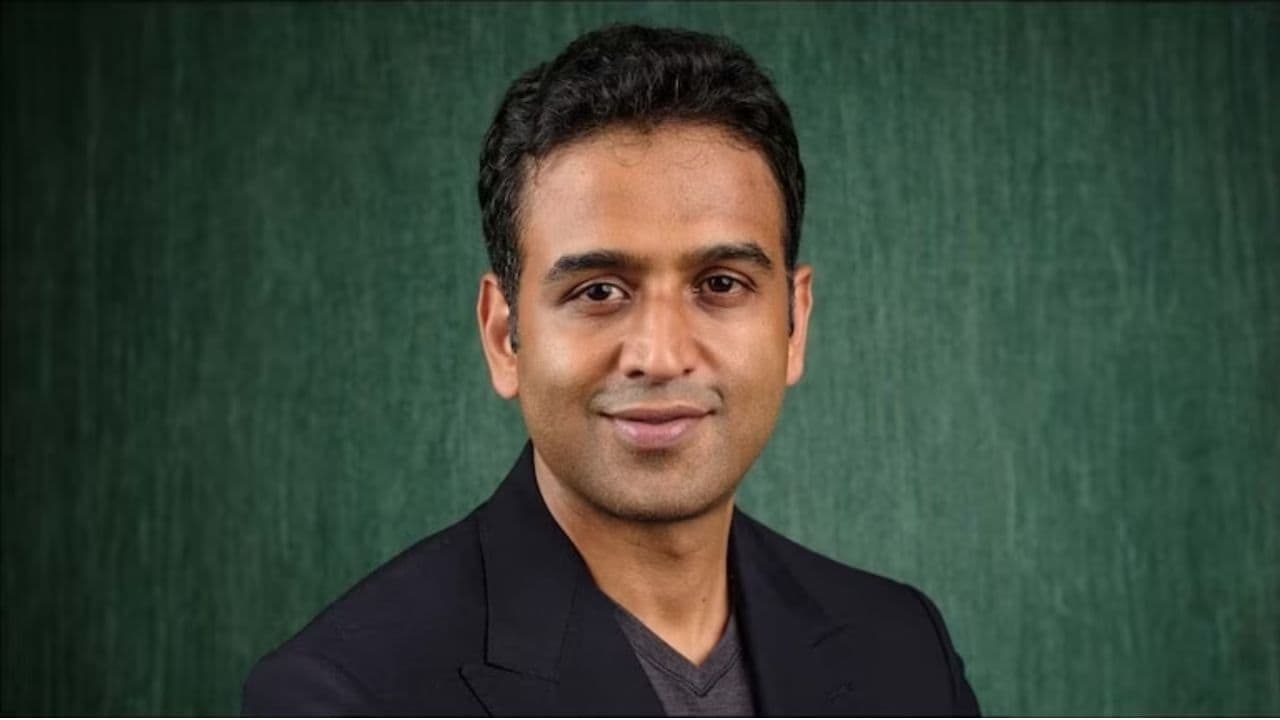Finfluencers should educate people because financial literacy is the need of the hour but if they start giving financial advice then that needs to be regulated, says Nithin Kamath, co-founder and CEO of Zerodha.
Kamath, who is also a part of the Securities and Exchange Board of India’s Secondary Market Advisory Committee, says that content creators or fininfluencers can get sketchy when they start doling out financial advice that needs to be actively regulated.
During the first edition of the Moneycontrol Startup Conclave, Kamath emphasized on the need to create financial literacy but not in form of advisory of any sort. “I’ve no doubt that financial education is the need of the hour. But I think where it kind of becomes a little sketchy is if people use their influencing powers and start setting the wrong expectations in the market,” he tells Storyboard18.
“People who come to the market with the wrong expectation, they tend to take more risk, and then they get disappointed. It’s not good for anyone in the ecosystem. So, I think there has to be some regulation around that. As long as it is about education then it is absolutely alright, but if it ends up becoming like an advisory, maybe there has to be some regulations around it,” he explains.
Brokerages rope in influencers as associate partners to draw investors to their platforms and then share a portion of the brokerage with these influencers.
Finfluencers are new-age personal finance consultants who create digital content on social media. Their genre is one of the fastest-growing content universes online.
Recently, there has been a universal call for tighter regulations for finfluencers who have taken over the internet. Finance minister Nirmala Sitharaman cautioned consumers against finfluencers and Ponzi schemes. She mentioned that Ponzi schemes are on the rise and every consumer should do their own research before investing their money. She also mentioned that we should be wary of finfluencers since there isn’t any proposal currently regulating them.
It is to be noted that the government is working on a new set of guidelines that will regulate endorsements put out by finfluencers.
In an exclusive interview with Storyboard18, Rohit Kumar Singh, secretary of the Department of Consumer Affairs, said that they are working with the Securities and Exchange Board of India (SEBI) to frame guidelines for finfluencers.
“It is currently being worked upon. We are an umbrella organisation, and SEBI has already done some work. We are working closely with them to frame guidelines for finance influencers,” he shared.
Over the past two years, the BFSI (banking, financial services and insurance) sector has upped its influencer marketing game by adding these finfluencers to their marketing mix, using them to drive engagement and generate leads both online and offline.
Brokers, BNPL (buy now pay later) brands, banks, non-banking financial companies, wealth management companies and mutual fund apps are increasingly deploying influencers in their marketing. Brands like Motilal Oswal, Cleartax, Uni Cards, Navi Group, PolicyBazaar, CTA FX, Smallcase, Groww and CoinSwitch Kuber, among many others, use influencers to promote their offerings and drive traffic to their platforms.
Collaborations, product placement and dedicated content creation are some of the popular formats used to drive engagements through influencers, with brands shelling out up to Rs 15 lakh for one video. While paid partnership fees for these influencers start at Rs 25,000 per video, a lot depends on the individual influencer’s platform preference, content mix and, above all, follower base.
The content mix for these influencers ranges from stock tips, insurance planning and financial fraud awareness to even lighter subjects like planning one’s first international holiday. Regardless of the subject being discussed in the video, financial influencers make a conscious effort to plan their content in a way that it has a theme, a storyline and sometimes even fictional characters with comic undertones. It has to be digestible and shareable.
For any influencer, the largest portion of their earnings comes from brand collaborations. According to industry estimates, they can get paid anywhere between Rs. 50,000 and Rs. 5 lakh per post. Any popular influencer does a minimum of two branded posts a month. According to experts, an influencer with 50,000 to 60,000 followers gets paid around Rs 1 lakh per post. Influencers with around half a million followers charge around Rs 2 lakh per post. And those who have crossed 1 million followers on social media charge a minimum of Rs 5 lakh per branded post. This pay rate remains more or less the same across Instagram and YouTube. However, very popular influencers have their own pay scales.
